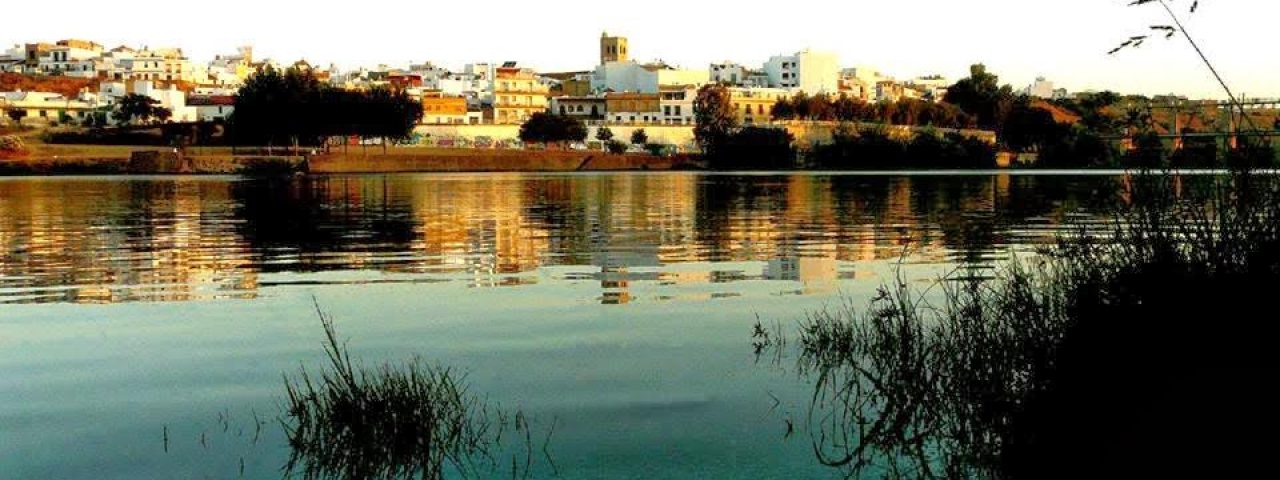Alcalá del Río has a rich historical background that dates back to Roman times when it was known as “Ilipa Magna.” The city’s strategic position on the Guadalquivir River made it a significant settlement during the Roman Empire, serving as a military and trading post. Following the fall of the Roman Empire, the city came under Moorish rule, leaving a lasting influence on its architecture, culture, and traditions. The city’s name, Alcalá, derives from the Arabic word “Al-Qalat,” meaning “fortress,” reflecting its historical role as a fortified city during the Islamic period in Spain.
The Reconquista in the 13th century brought the city under Christian rule, and its cultural landscape was further shaped by Catholic traditions. Today, Alcalá del Río celebrates its diverse heritage through numerous festivals and religious events, with Semana Santa (Holy Week) being one of the most important. The city’s elaborate processions during this time are a sight to behold, with residents donning traditional robes and carrying religious statues through the streets.
Cultural customs, such as flamenco music and dance, are also integral to Alcalá del Río’s identity. The city hosts several festivals throughout the year that showcase Andalusian traditions, including flamenco performances, bullfighting events, and local fairs that celebrate the region’s agricultural and artisanal roots.
